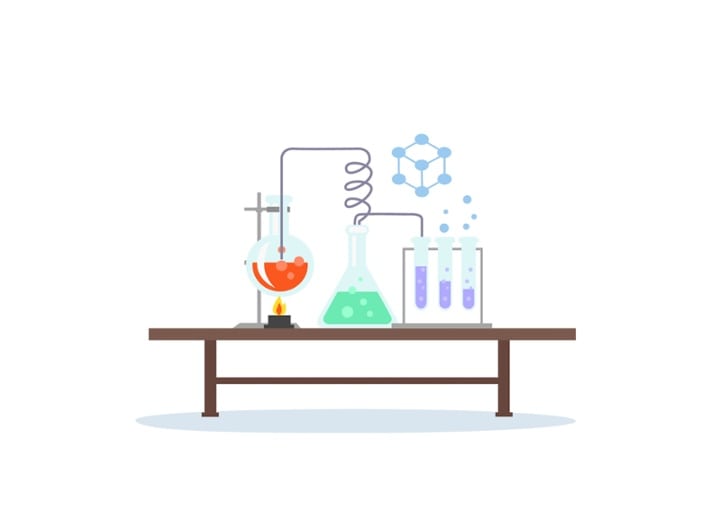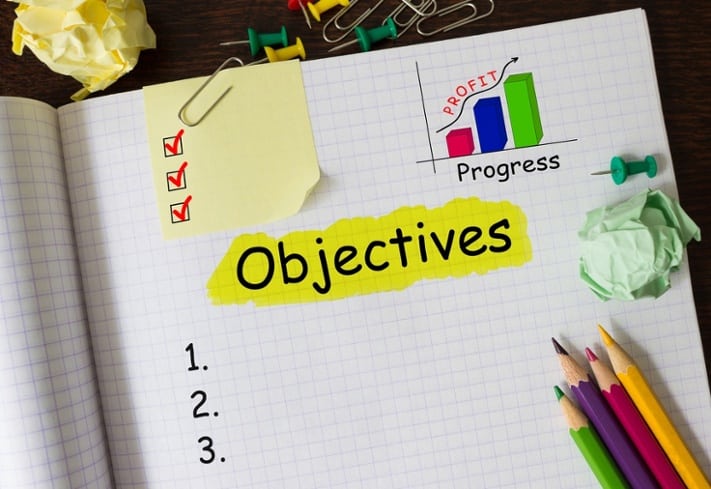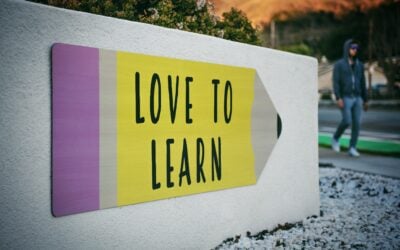Writing a course in science and starting from scratch can be daunting. Here are ten great science resources presented within a three-step framework to help you along the way. How to get started? Begin with the end in mind.
Step 1. Define objectives built from standards.
What will the student be able to do in order to show understanding? For K-12 courses, most of this work is already done for you. This brings us to the Next Generation Science Standards (NGSS). NGSS represent a recent movement to include engineering practices along with a modernized scientific method and inquiry-based approach.
Another great source for standards? Education World National Science Standards. This site packs loads of information guiding you through the National Science Education Standards (NSES). Similar to NGSS, inquiry and hands-on activities are stressed, but there is no direct link to engineering.
Looking for help with writing a college course? Everything you need and more is at The National Academy of Sciences. Here are links to designing a college science course and an extensive list of readings and websites relating to curriculum, course and program design, and assessment.
Step 2. Lessons and Assessment
Okay, you have your objectives and standards, the next step is to add some lessons and determine how they will be graded (aka assessment)! Great ideas for K-12 curricula can be found at The Lawrence Hall of Science. Among many other projects, Lawrence includes the Full Option Science System, a fantastic hands-on curriculum that provides kits, computer simulations, assessments, readings and so much more—all linked to either the NGSS or NSES, plus the Common Core.

In addition, I’ve found fun, hands-on lessons, activities, rubrics, and advice at the National Science Teachers Association. College level or beyond? Try the Association of American Colleges and Universities, with links to learning objectives from Liberal Education and America’s Promise, associated rubrics, and applications for “High Impact Practices.”
Step 3. Labs and Activities
Most of us became scientists because we enjoy hands-on learning. Lots of ideas with worksheets and rubrics are at The Biology Corner. Are your teachers short on time or supplies, or are they looking to model concepts that are not visible to the naked eye? Try Physics Education Technology (Phet), which includes biology and chemistry simulations. Advanced Placement or college courses? Assign videos with associated worksheets from Bozeman Science, or Crash Course. 
Many more resources are available online, but those given here include multiple links from which you’ll put together a stellar science course!





